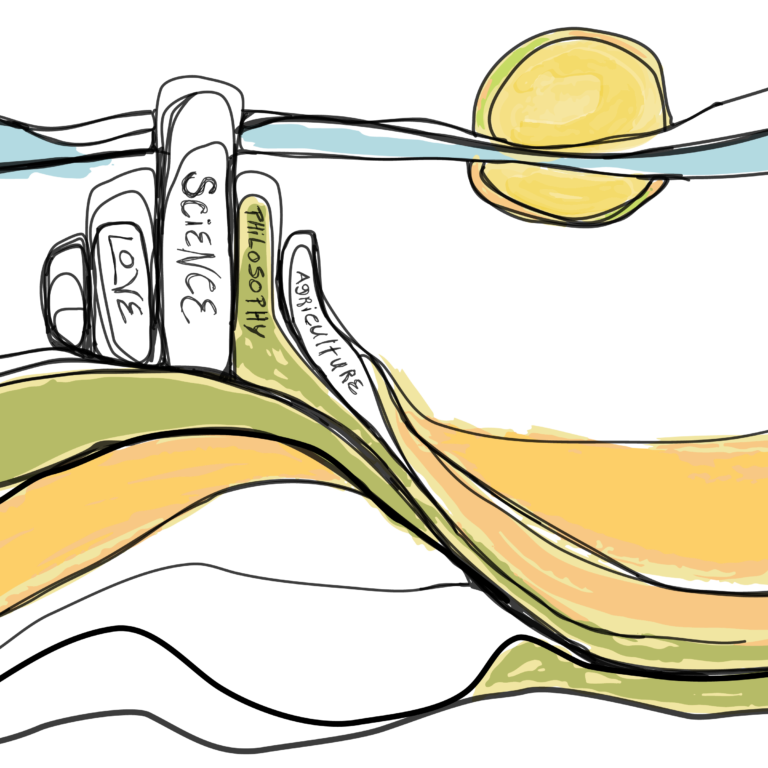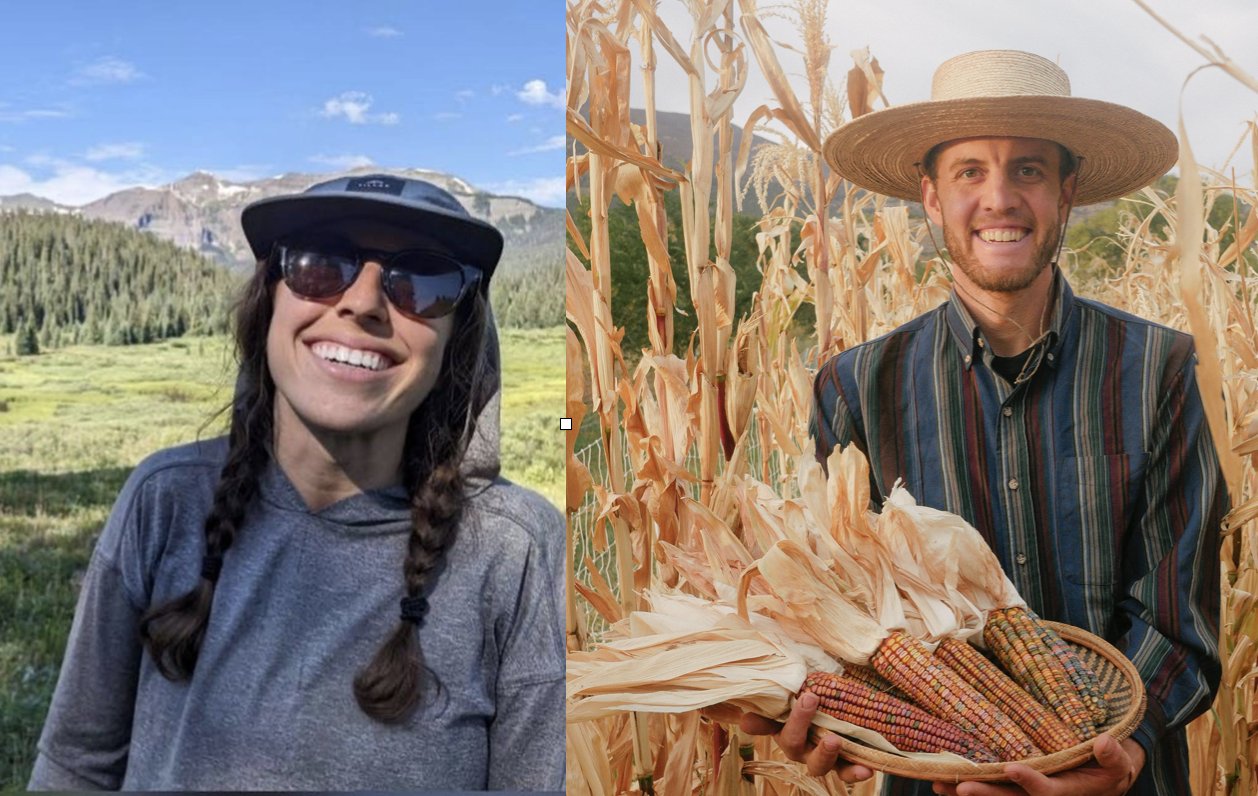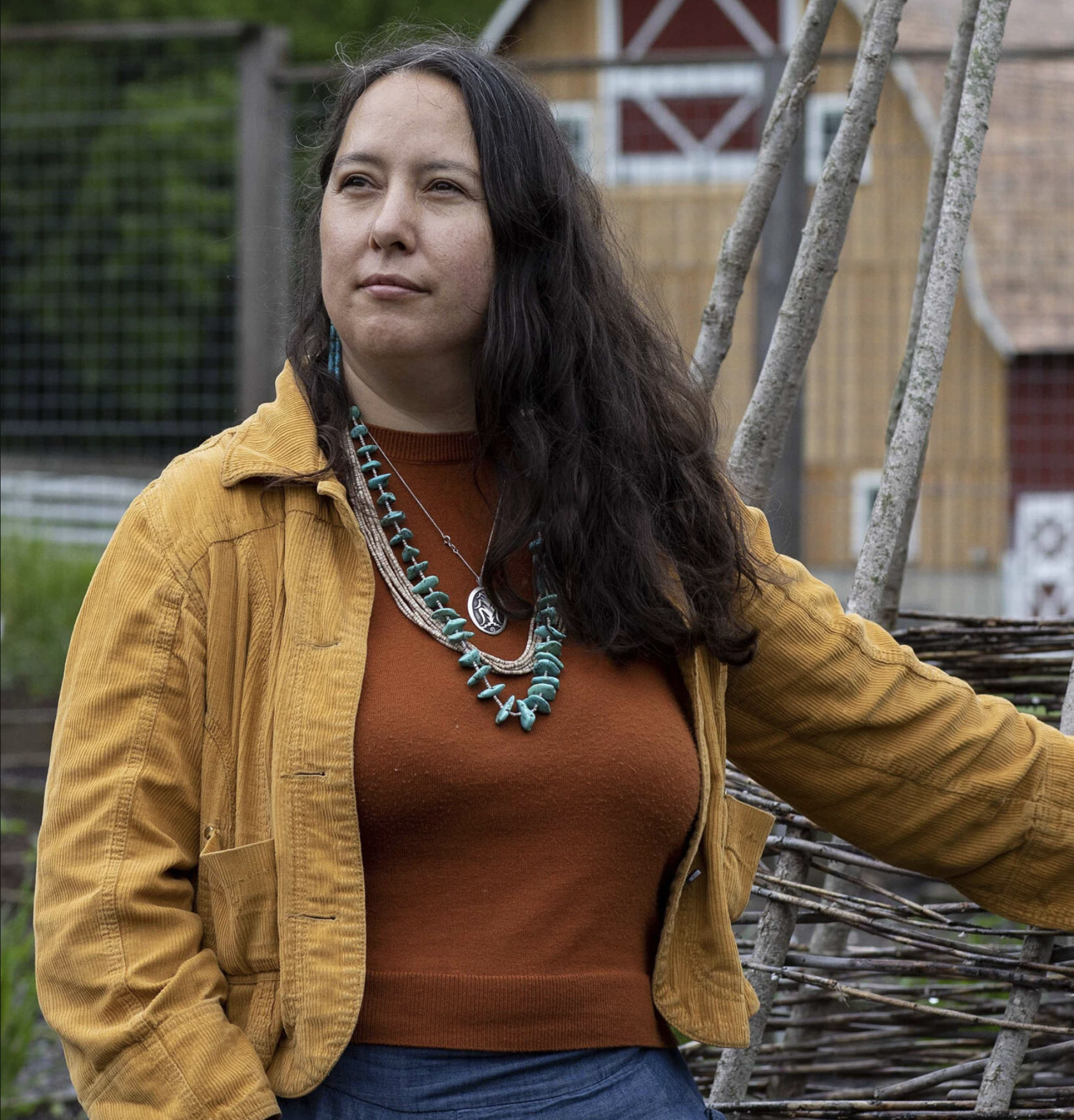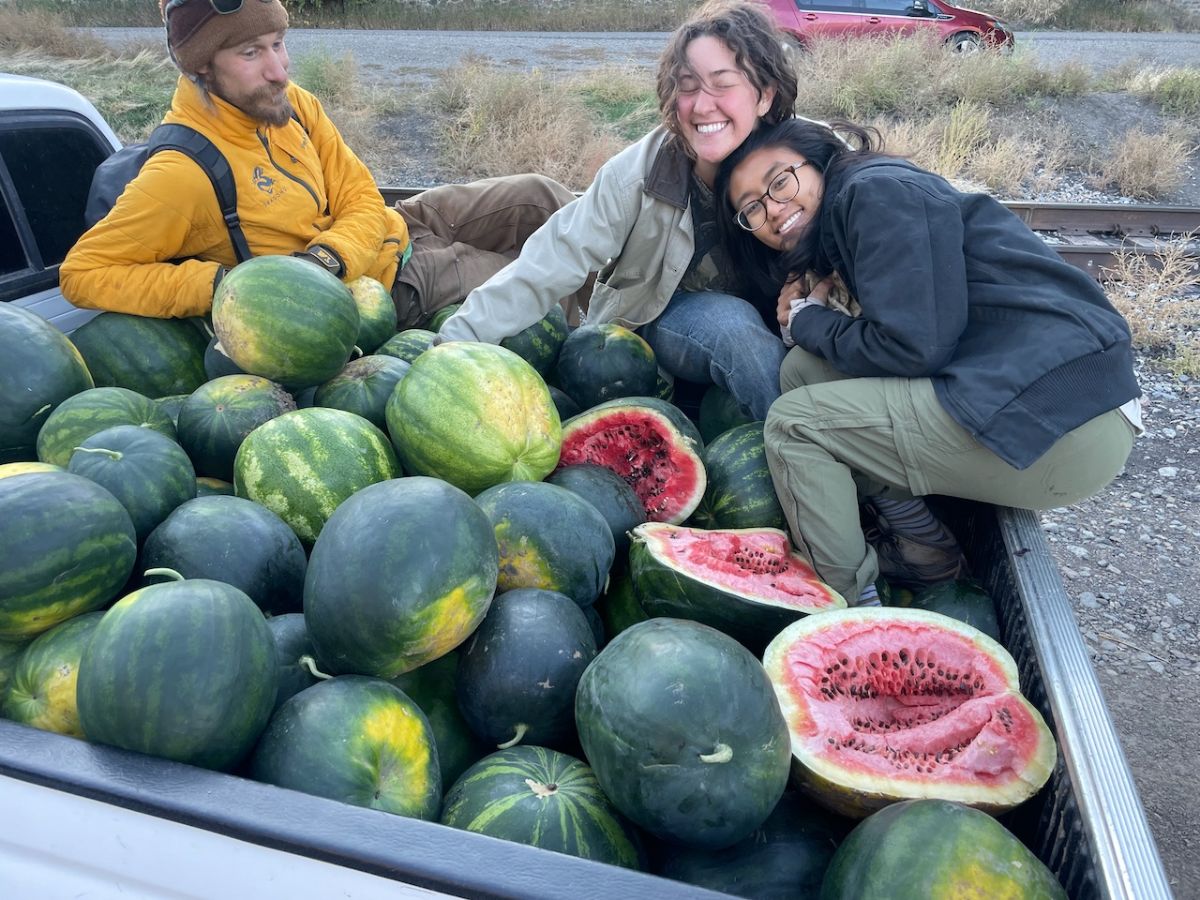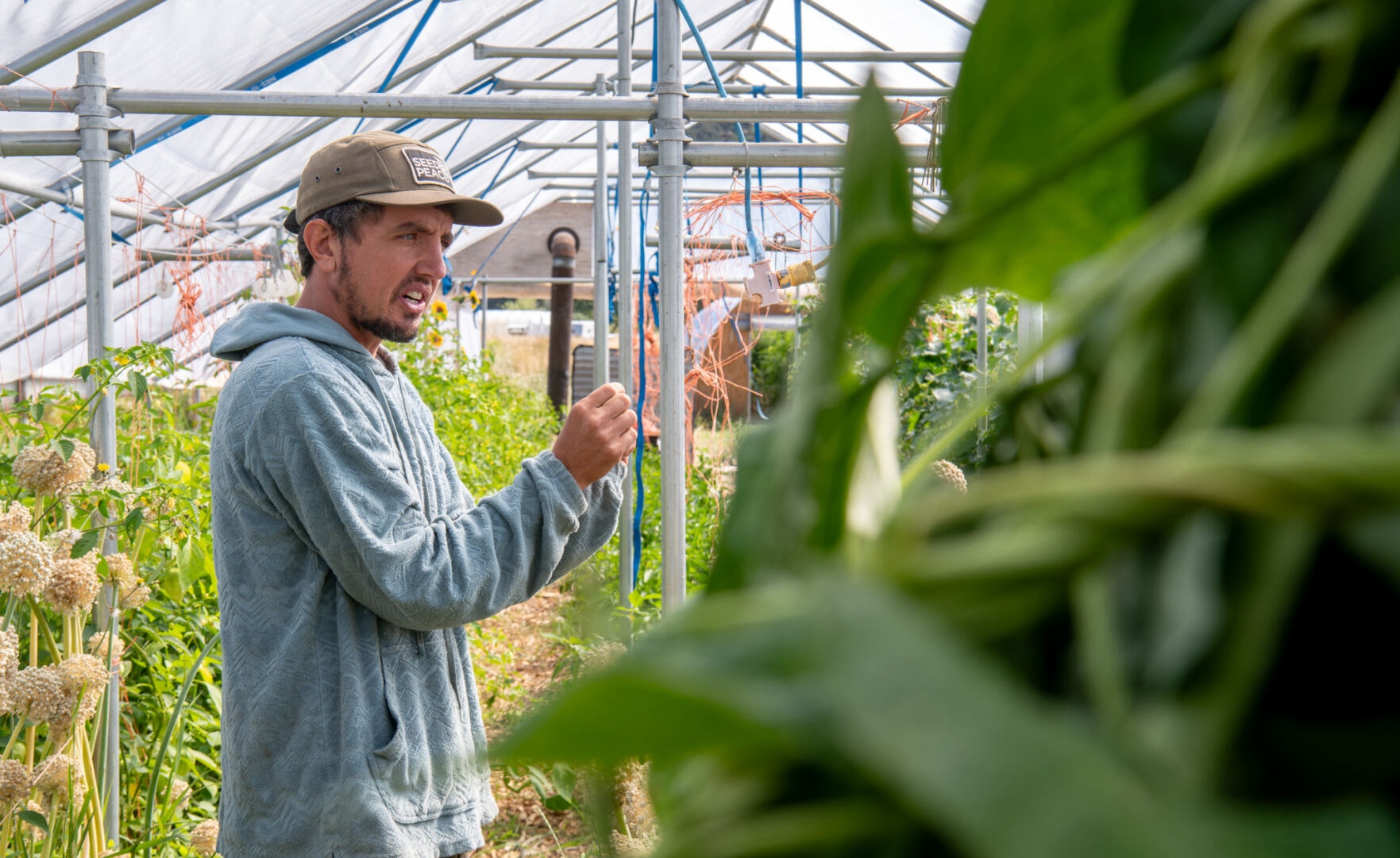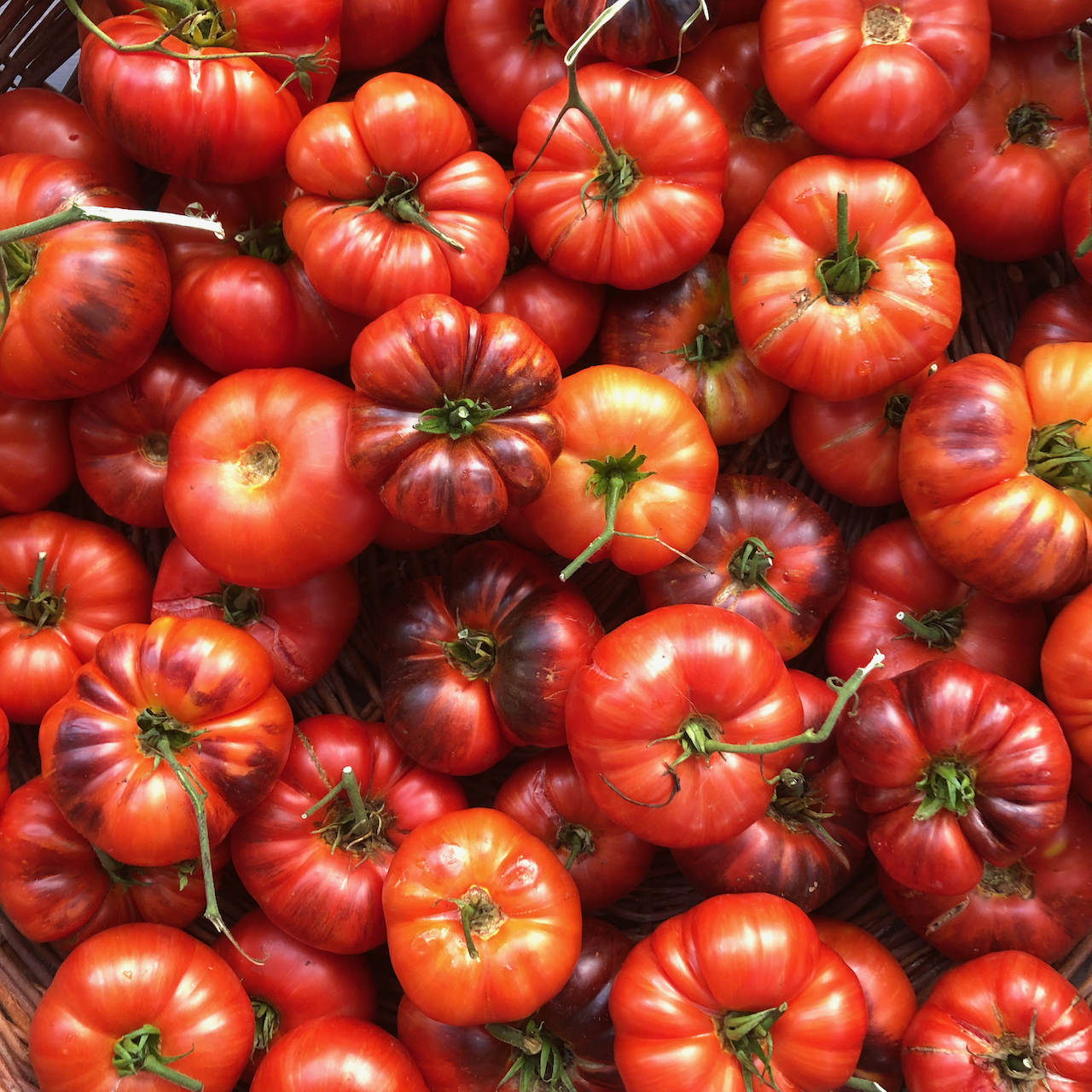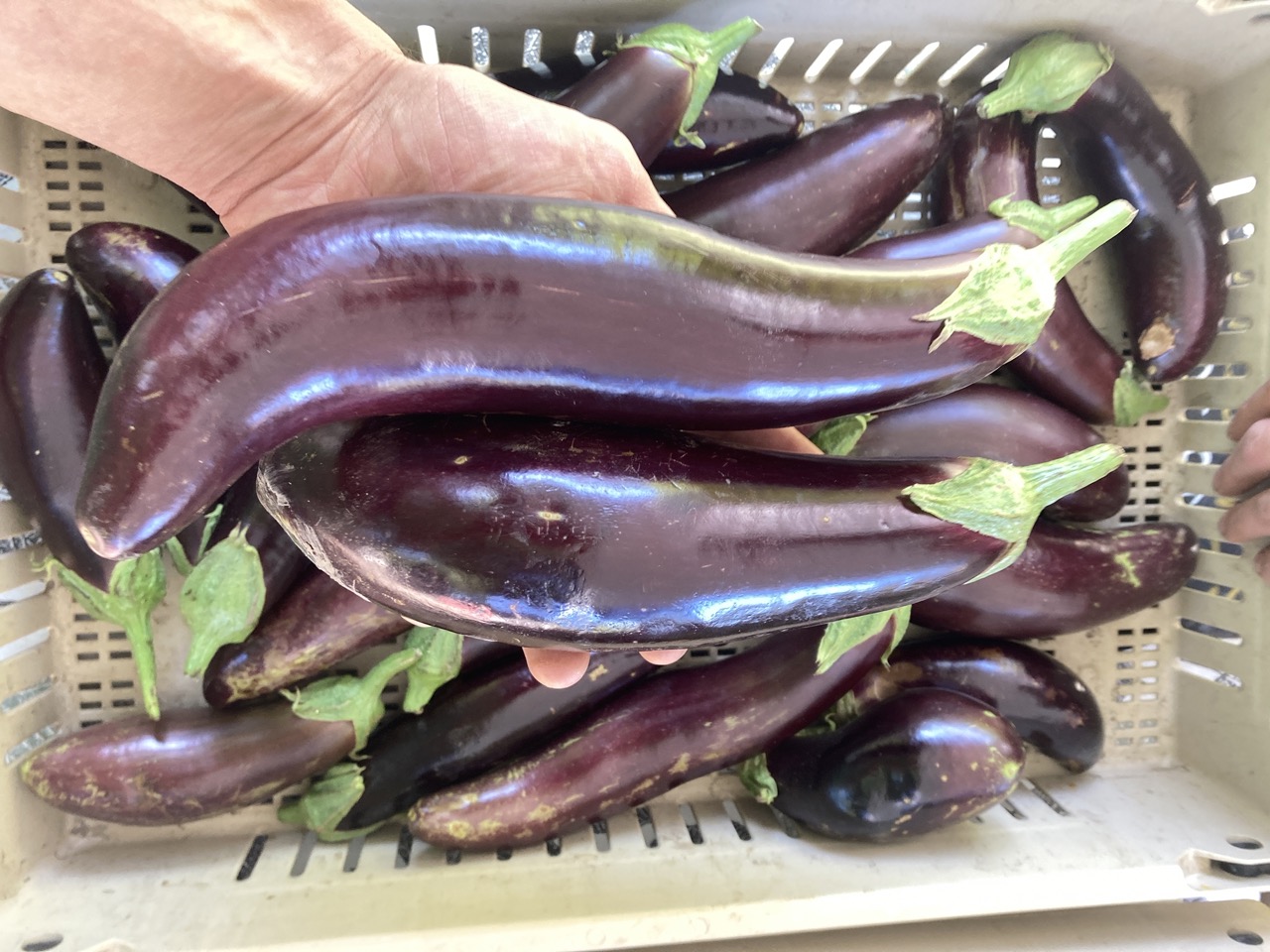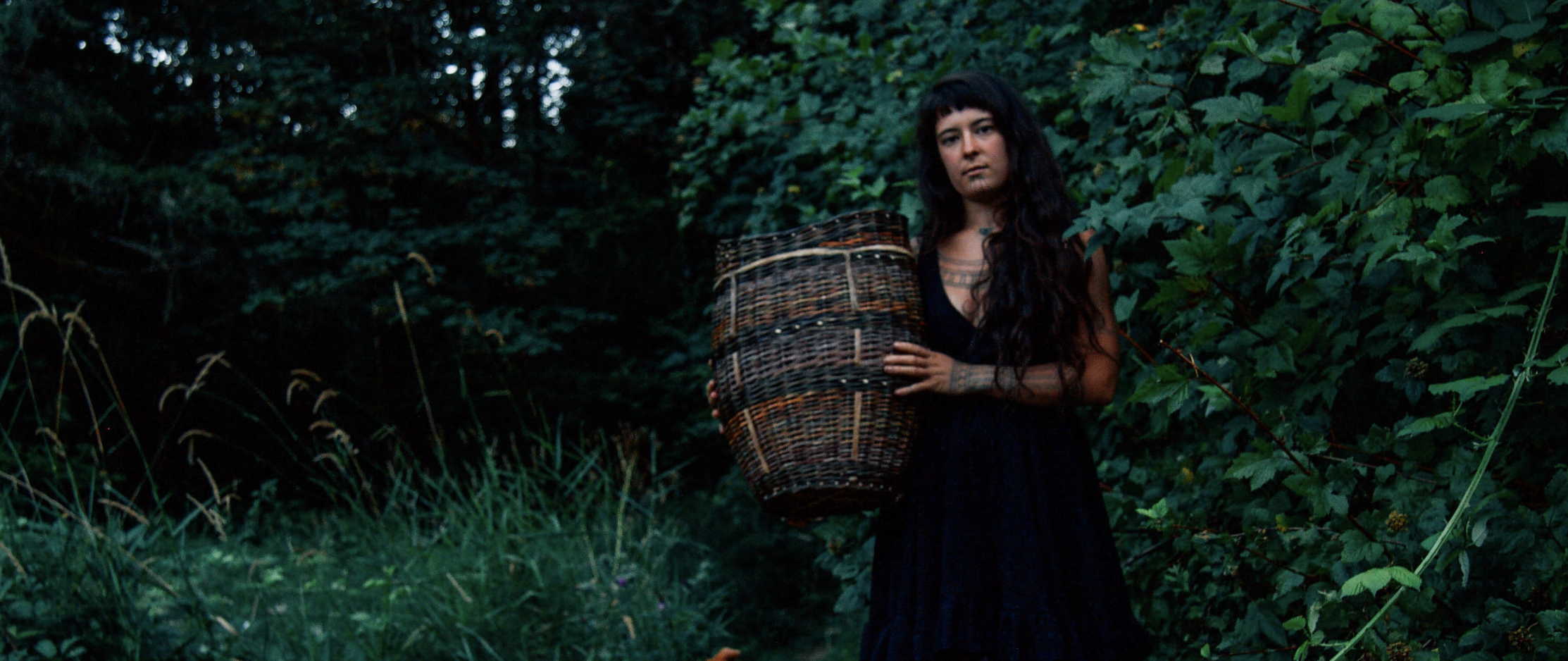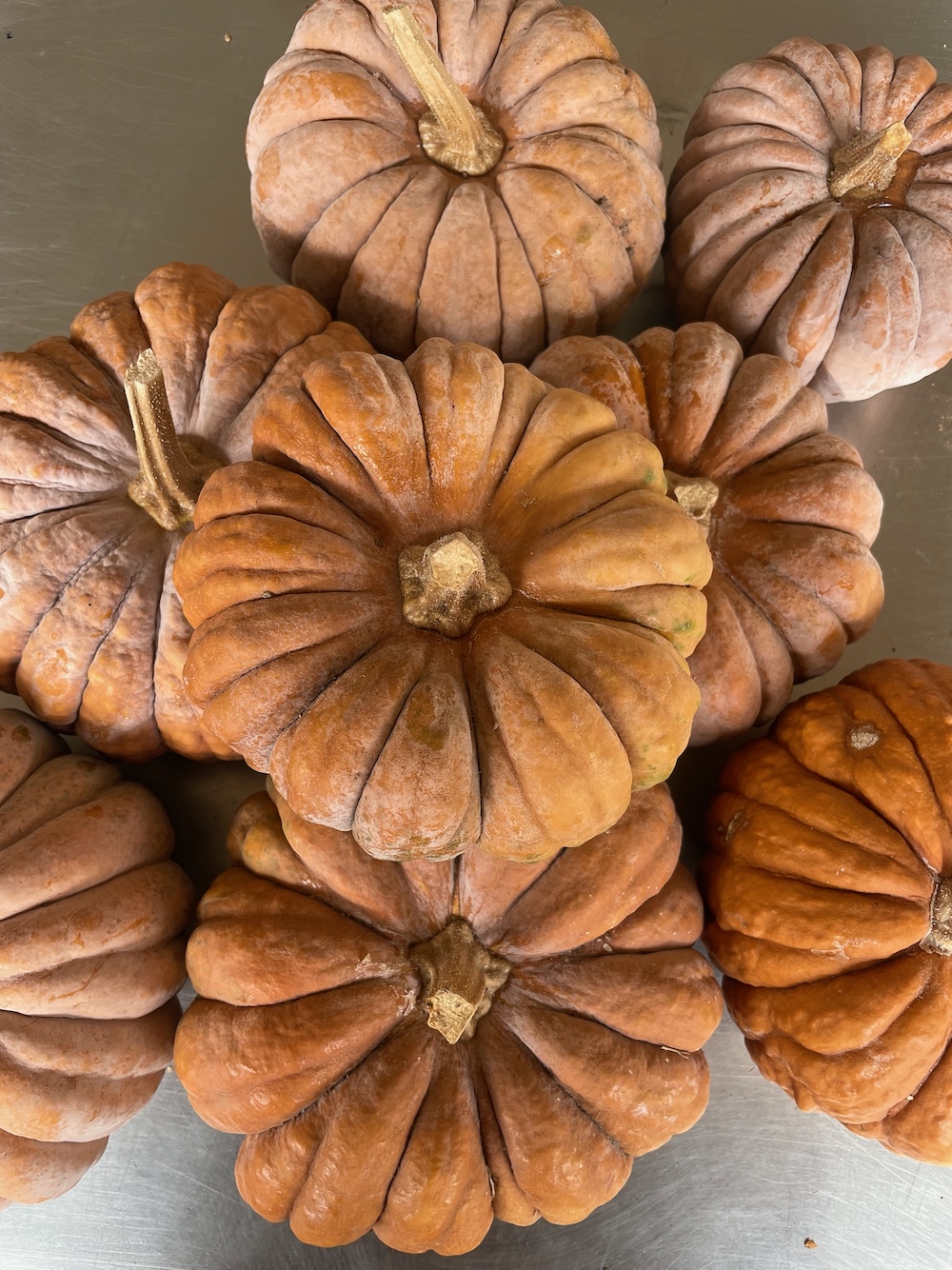A Note From Our Outgoing Executive Director
Dear friends, After serving as Groundwork’s executive director since 2018, I’m stepping out of that role in order to create space in my life for other pursuits. I am looking forward to having time for some small sabbaticals, retreats at Buddhist monasteries, and time to devote to writing, media production, curriculum design, and weaving. You’ll continue to see my name on Groundwork’s emails—I’m moving into a part-time role with Groundwork as Communications & Publications Manager. Seeing Groundwork through the first seven years of growth and experimentation has been a dream […]
